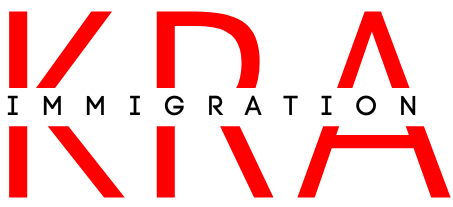Is it obligatory to send your children to school in French, still in 2024?
In Canada, education is an important aspect of a child's development, and various regulations govern how it is provided. One of the key questions that parents, particularly those in bilingual regions like Quebec, often ask is: "Is it still mandatory to send children to school in French in 2024?" This question is closely tied to the broader discussions around language, culture, and education policies in Canada, particularly in Quebec, where the French language is deeply protected under provincial law.
French Education in Quebec: Legal Foundations
The short answer to this question, particularly in Quebec, is "yes." The French language continues to play a dominant role in the education system, with specific laws ensuring that most children must attend school in French. This is primarily governed by Bill 101, also known as the Charter of the French Language, which was passed in 1977. The law's purpose is to preserve the French language and ensure its prominence in Quebec's daily life, including in its schools.
Under this law, most children are required to receive their education in French. This applies particularly to newcomers, children of immigrants, and even long-term residents of Quebec who do not meet specific exemptions. The primary rationale is to foster integration into the predominantly French-speaking culture of the province and to preserve the French identity for future generations.
Are There Exceptions?
While French-language education is the norm in Quebec, certain exceptions exist under Bill 101. For example, children who have at least one parent who received their elementary education in English in Canada may be eligible to attend English-language schools. These are referred to as English eligibility certificates, and they allow families who meet the criteria to opt for education in English rather than French. However, such certificates are increasingly rare, and many families do not qualify for them, leading to mandatory French-language education.
Children of temporary residents or diplomats may also be eligible to attend school in a language other than French, though these cases are relatively few. Outside these exceptions, however, most families must comply with the rule that children attend French-language schools up to the end of their secondary education.
Why is French Schooling Mandatory?
The requirement to send children to school in French is rooted in a broader political, cultural, and historical context. Quebec has long had a strong commitment to preserving and promoting the French language. This has been in response to concerns that, over time, English might dominate due to global trends and the predominance of English-speaking Canada and the United States.
In the 1970s, Quebec saw a significant rise in immigration and feared that unless steps were taken, new arrivals might integrate into English-speaking communities rather than French-speaking ones. Bill 101 was introduced as a way to ensure that the French language remained the lingua franca of Quebec and that immigrants integrated into the French-speaking community.
Other Canadian Provinces: A Different Story
Outside Quebec, education regulations regarding language are quite different. In provinces like Ontario, Manitoba, or British Columbia, there are both French and English school systems. Parents can often choose between English or French immersion programs. In many cases, French education is encouraged, especially for children from Francophone families, but it is not mandatory. French-language education in these provinces is often seen as a way to preserve Canada's bilingual identity, rather than a requirement.
2024 and Beyond: Trends in Education
As of 2024, Quebec shows no signs of relaxing its laws around mandatory French education. In fact, recent political movements have reinforced the province’s commitment to the French language. In May 2021, for instance, the Quebec government introduced Bill 96, which aims to further strengthen Bill 101. This new bill proposes additional measures to protect the French language, including within the education system.
While the emphasis on French in education remains strong in Quebec, the rest of Canada continues to offer a more flexible approach to language in schools. Parents across Canada can access both French and English-language education systems, but Quebec remains an exception due to its unique cultural and linguistic goals.
Conclusion
In conclusion, sending children to school in French remains mandatory in Quebec in 2024, except in special cases. This is part of the province's broader efforts to ensure the survival of the French language and culture in a predominantly English-speaking North American context. As for other Canadian provinces, the rules are less strict, and parents have more freedom to choose the language of instruction for their children.



